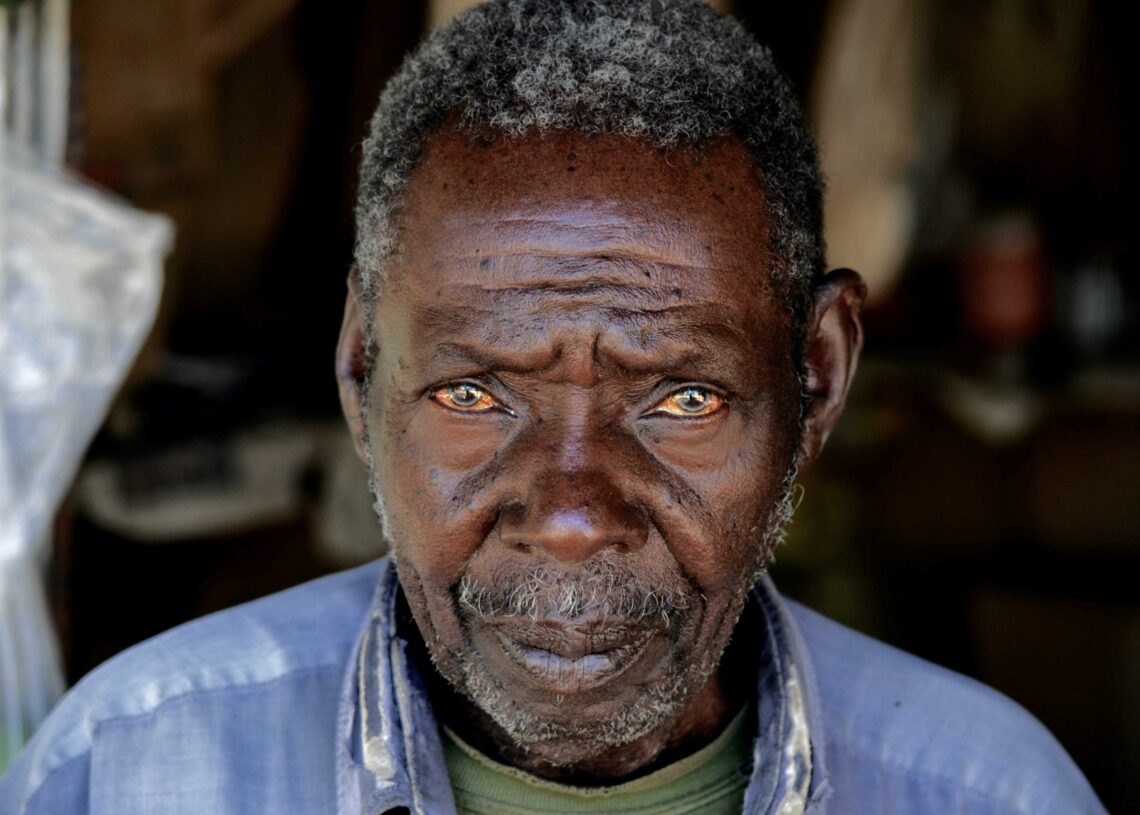The Central African Republic (CAR) is a landlocked country located in the heart of Africa, facing numerous challenges that have contributed to its low Central African Republic life expectancy. As one of the poorest and least developed countries globally, the CAR’s citizens must navigate a host of issues, including political instability, inadequate healthcare, and ongoing violence.
Background: Life Expectancy in the Central African Republic
The Central African Republic’s life expectancy is one of the lowest in the world, with the World Bank estimating it to be approximately 53 years as of 2019. This figure reflects the numerous obstacles that CAR residents face in their daily lives, including limited access to healthcare, malnutrition, and a high prevalence of infectious diseases.
Factors Impacting Life Expectancy in the CAR
The CAR has a long history of political instability and violence, which has significantly impacted the overall well-being of its citizens. Civil conflicts, coups, and clashes between various armed groups have left the country’s infrastructure in disarray and made it challenging to implement effective healthcare and social policies.
Healthcare Infrastructure
Inadequate healthcare infrastructure is a significant factor contributing to the CAR’s low life expectancy. With limited access to medical facilities, trained personnel, and essential medicines, many citizens struggle to receive the care they need, especially in rural areas. This lack of access to healthcare exacerbates the prevalence of infectious diseases, such as malaria, HIV/AIDS, and tuberculosis.
Malnutrition
Malnutrition is another issue that affects the Central African Republic’s life expectancy. According to UNICEF, over 40% of children under the age of five suffer from chronic malnutrition. This lack of proper nutrition has long-term consequences, including stunted growth, cognitive impairments, and increased susceptibility to disease.
Efforts to Improve Life Expectancy in the Central African Republic
The CAR relies heavily on international aid and support to address its numerous challenges. Various organizations, including the United Nations, World Health Organization, and UNICEF, are working to provide humanitarian assistance and improve access to healthcare, education, and basic services.
Peacebuilding Initiatives
Efforts to promote peace and stability in the Central African Republic are critical for improving life expectancy. Initiatives such as the African Initiative for Peace and Reconciliation, supported by the African Union and regional partners, aim to promote dialogue, disarmament, and reconciliation among various factions in the country.
Focus on Healthcare and Nutrition
Improving healthcare infrastructure and addressing malnutrition are essential steps in increasing life expectancy in the CAR. Local and international organizations are working to provide medical supplies, train healthcare professionals, and implement programs to combat malnutrition and ensure access to clean water and sanitation.
The Central African Republic’s low life expectancy is a reflection of the many challenges its citizens face daily. Political instability, inadequate healthcare, and malnutrition are key factors that must be addressed to improve the overall well-being of the country’s population. Through international aid, peacebuilding initiatives, and a focus on healthcare and nutrition, there is hope for a brighter future for the people of the Central African Republic.
Image Credit: Photo by Ricardo Fontes Mendes on Unsplash





